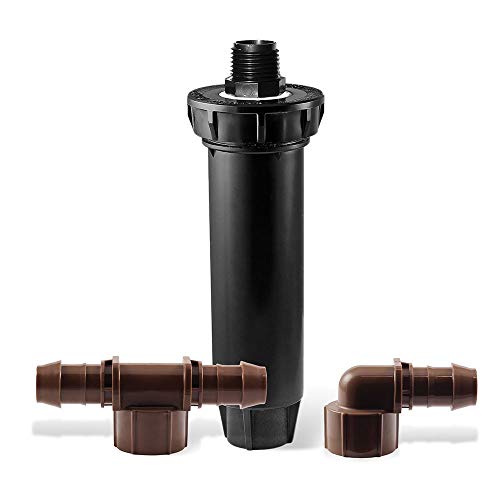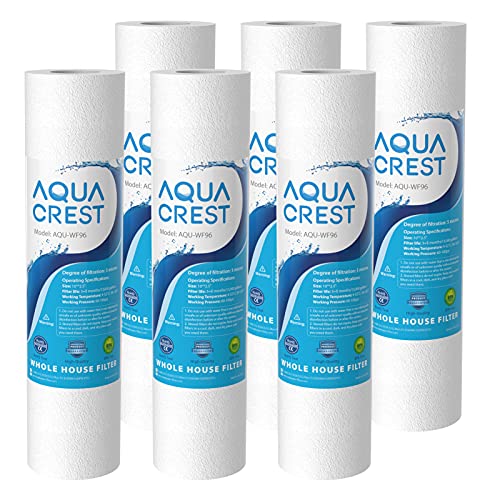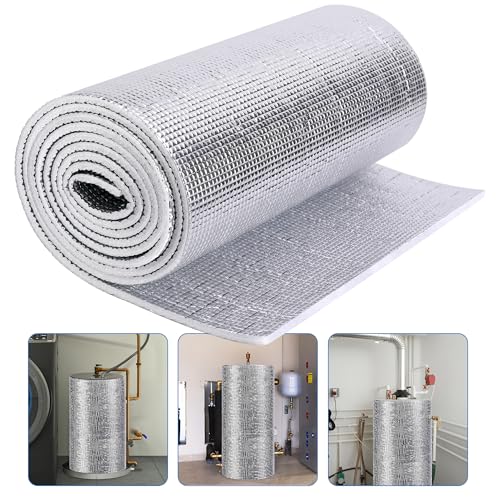karenmarie031
Member
- Joined
- Apr 11, 2023
- Messages
- 12
- Reaction score
- 1
We don’t have a septic system. In the photos from home construction that I posted, two of the things shown in the concrete slab are our laundry room and garage drains. They were installed when we built our house. I assume that they both connect to the public sewer connection in our back yard.If there’s water coming in from the sleeve in the floor and going out a floor drain then the water table’s not above the basement floor. I still think the water’s getting into the sleeve at a higher elevation.
Does the floor drain go to your french drain system or your septic system?
The sewer manhole is slightly downhill from the end of my house.
The other thing that may be relevant is that when hurricane Ivan happened years ago, we had a crazy amount of rain. A lot of people’s houses flooded, but we didn’t get any water in our basement.
Also, I did randomly remove the top layer of dirt in various places in our yard yesterday to see if the soil was wet. The soil is damp very close to the surface in various places that I tested in both my front and back yards. It is also still wet where the 12” pipe that diverts rainwater from the main road ends on my property. We haven’t had any rain in about a week now. We did have a wet winter and significant (over 1”) amounts of rain before the dry period started.
*** Edited to add more information ***
Last edited:






















































